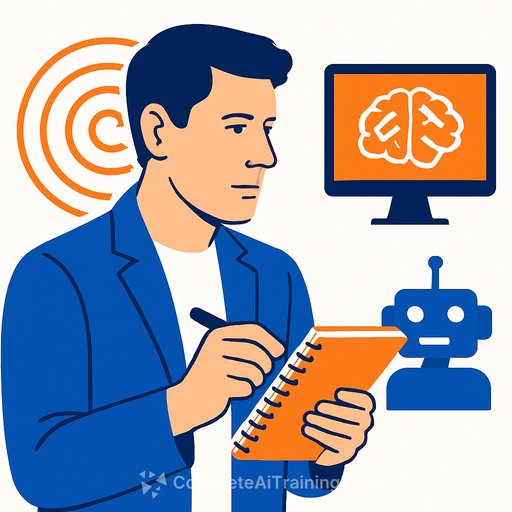What Are the Key Purposes of Human Writing?
As large language models (LLMs) become more common, especially in educational settings, they bring challenging questions about learning, thinking, plagiarism, and authorship. Educators face the task of redesigning assignments and assessments to address these changes. The use of AI-generated text in student work requires extra effort from professors, who often feel frustrated and concerned about how it impacts genuine learning.
At the core, writing is not just about producing a polished final product; it is a technology for thinking. Writing helps us clarify and develop our ideas. When writing is taught, especially in universities, it should be framed as a tool that supports inquiry and invention—not just a skill to produce flawless text.
Why Calling AI Output “Writing” Can Be Misleading
LLMs generate text by mimicking patterns found in massive datasets of existing writing. The output resembles human writing but lacks the original thought and intention behind it. When students use AI to produce academic-style writing, it challenges the traditional view that academic writing has a special connection to truth.
This disruption reveals that academic writing is a social construct, shaped by conventions and expectations rather than an absolute standard. Yet, many in academia resist acknowledging this, which fuels frustration towards students who use LLMs.
Historical and Social Context of Academic Writing
The dominance of standard academic English is a choice, not an immutable rule. Historically, academic writing in English-speaking institutions has developed along two streams: literary and technical communication. Both served the British Empire’s interests by preserving existing power structures.
This history explains why the “correct” style of writing is often seen as neutral and superior, even though it carries social and political baggage. The focus on the finished product over the process reinforces this perspective, which can limit how we understand writing and learning.
Writing and Its Context Matter
In academia, “correct” writing is equated with “good” writing, implying that poor writing reflects a weaker mind. This view overlooks the fact that writing standards are subjective and depend on context. For example, abbreviations and slang are fine in casual texting but not in academic papers.
Viewing a student’s writing ability as a direct measure of intelligence can lead some to rely on AI tools. This is a sign that the educational system needs to rethink how writing skills are assessed and developed.
Rethinking the Final Product
If the goal is simply to produce a “correct” academic paper, AI-generated text can fulfill that need. But education should be about fostering critical thinking and inquiry, especially when students are exploring complex social systems.
Educators must broaden their definition of writing beyond flawless grammar and style. Writing should be recognized as part of a social context that requires active engagement from both writer and reader. Without this shift, students risk becoming detached from their own creative and intellectual potential due to over-dependence on AI tools.
Changing How Writing Is Taught
Supporting students means valuing the writing process, not just the final draft. This can be done by accepting work-in-progress submissions, offering feedback on ungraded drafts, and designing assignments that reveal how writing develops over time.
Teaching writing should also highlight the power dynamics involved in language instruction and encourage invention—considering audience, relationships, and circumstances. Experts in writing studies must be part of conversations about AI policies in education to avoid reinforcing outdated ideas.
Without careful integration of these perspectives, universities risk producing students who only replicate existing ideas rather than creating new ones. The study of writing offers valuable insight to help institutions adapt thoughtfully to AI technologies.
For writers interested in AI and education, exploring courses on AI tools and their impacts can offer practical knowledge. Resources like Complete AI Training’s latest AI courses provide useful guidance on these evolving topics.
Your membership also unlocks:





